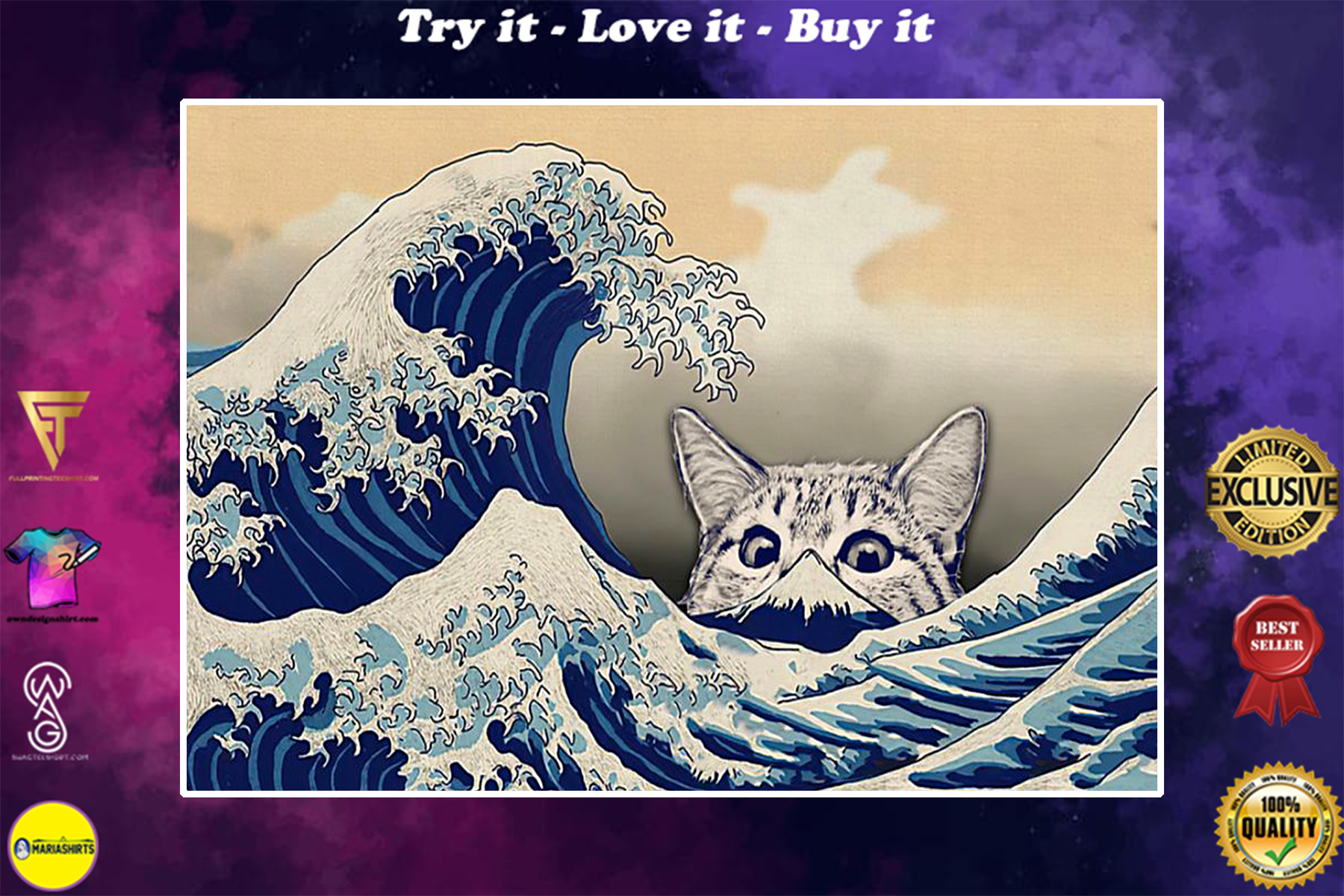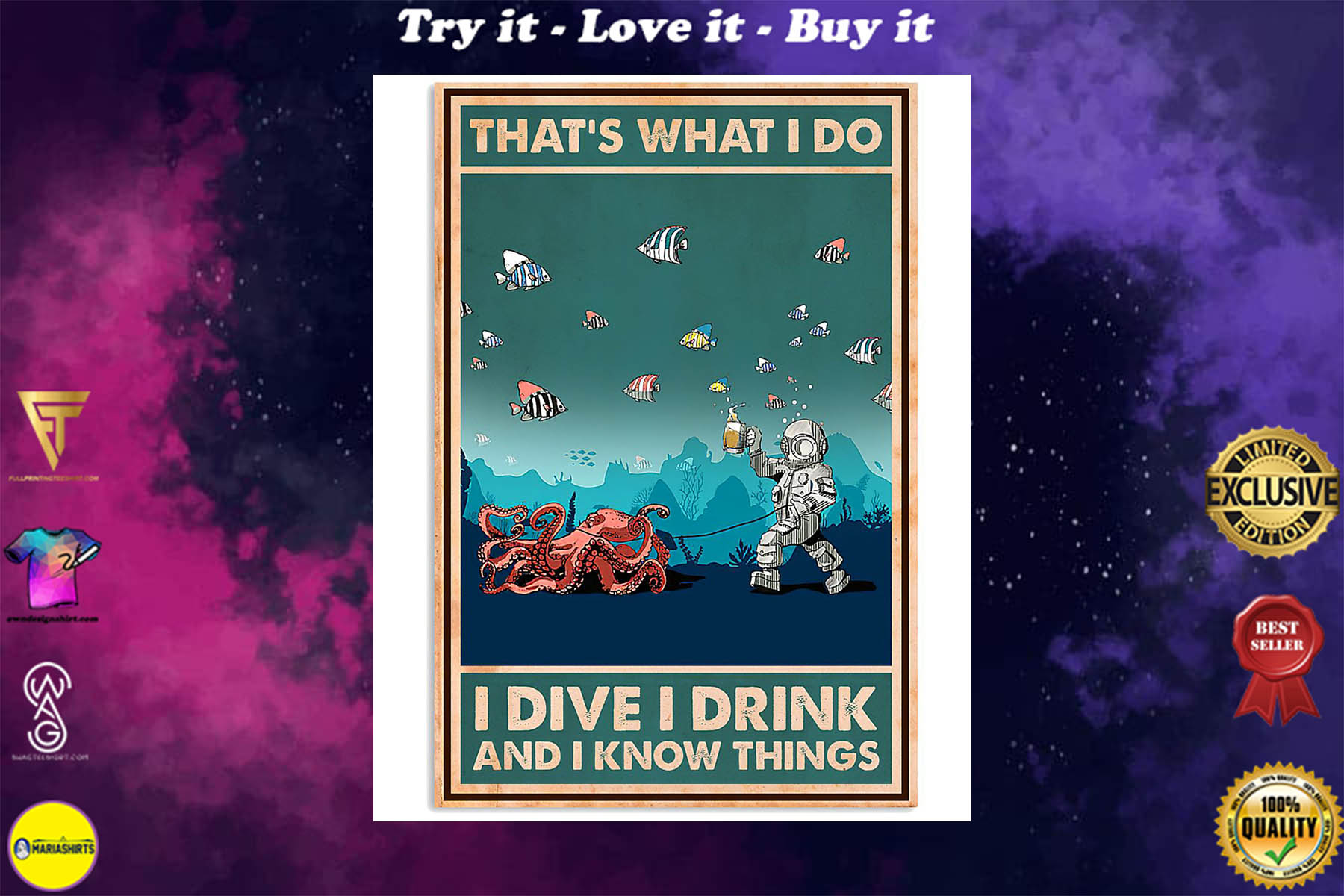[Top-selling item] vintage american flag veteran thank you for your service poster
- See more same items in here
- Or get new items ⇒Click here
More From Poster
Natural skepticism regarding this regulatory free lunch should remain unabated. vintage american flag veteran thank you for your service poster Now a heated debate has arisen around these two views.
vintage american flag veteran thank you for your service poster
As companies globalize their operations, they must account for these developments if they hope to manage environmental costs and opportunities. Most companies would be surprised to learn vintage american flag veteran thank you for your service poster that their environmental achievements have been easy. After all, in the same period, those companies saw compliance costs soar. Moreover, the optimistic tone of today’s corporate environmental rhetoric reflects management’s desire to give its stockholders a unifying vision for a complex array of environmental initiatives. Nevertheless, senior managers are fully aware that many compliance and remediation efforts won’t increase—but will protect—shareholder value. They know that any serious discussion about gaining competitive advantage from environmental issues must emphasize future possibilities. 1. Compliance and competitiveness.
Most companies focus on compliance, not competitive advantage—for good reason. Environmental managers would welcome a world in which they could “search exclusively for win-win solutions.” In reality, however, they concentrate on ensuring compliance with current environmental regulations, remediating environmental problems caused by past operations, and anticipating the impact of proposed regulations. In discussing competitive advantage in the environmental realm, lines must be clearly drawn between activities driven primarily by shareholder value and those driven by regulations, liabilities, and public expectations. The authors’ lack of a consistent focus on these distinctions leads to misunderstandings about industry’s relations with the win-win school of thought. Walley and Whitehead offer many valuable insights, but their emphasis on the win-win mind-set in corporate environmental management circles does not ring true. The picture is bleaker still for the tenet that environmental regulation stimulates innovation and competitiveness. Not a single empirical analysis lends convincing support to this view. Indeed, several studies offer important, if indirect, evidence to the contrary.




Only logged in customers who have purchased this product may leave a review.
1. Choose style, color and size. The above atributes are always available and suitable for the design, please do not hesitate to choose your favorite product. Please see our Size chart to make sure the size is right for you. See details of our product information on our Product information page.
2. Click Add to cart. Tip: Buying 2 or more products significantly reduces delivery costs.
3. Go to the checkout page. Fill out the order information and proceed with payment.
4. The system will send a confirmation email when the order is complete.
Note: 1. You can only change the order information within 4 hours of placing an order successfully. 2. Currently, due to the coronavirus pandemic, it takes us about 7-21 business days to ship product. 3. If you receive a defective product due to printing or shipping, please contact us to get a new replacement product for free.
If you have any questions, please chat with us or contact us via [email protected]. Your satisfaction is our happiness. Thank you for trusting and shopping with us!




























































Reviews
There are no reviews yet.